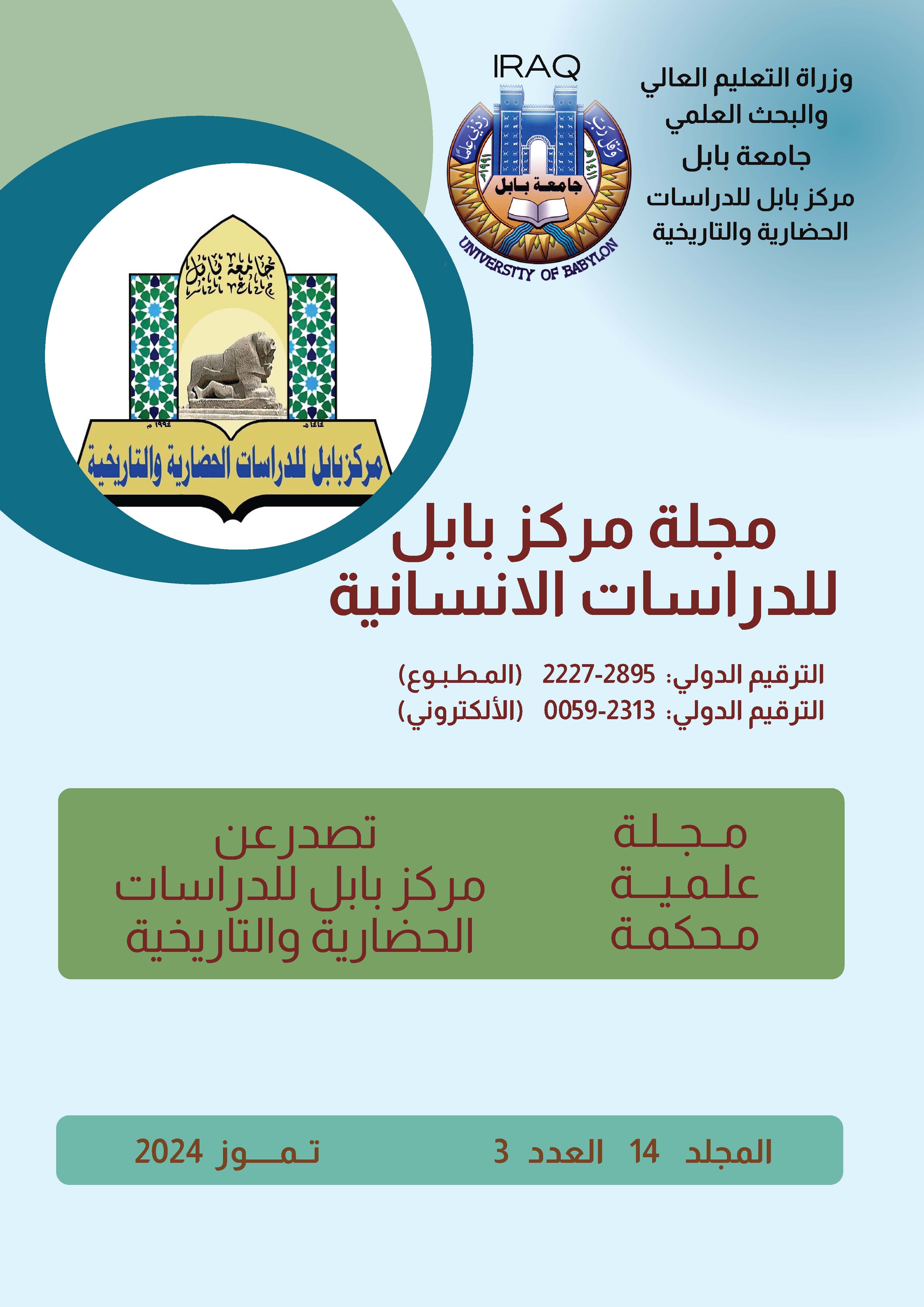The position of the Non-Aligned Movement on the issue of apartheid in South Africa (1961-1994)
Keywords:
Non-Aligned Movement, South Africa, apartheid, Cold War, Belgrade ConferenceAbstract
The British and United States of America participated in the foreign expansionist colonial movements that controlled large areas of the African continent, especially the South African region, where they implemented the most horrific racial policies, which is the policy of racial discrimination “Apartheid,” which is limited to the leadership and distinction of the white race over other races, its control over the affairs of the country, and the marginalization of the majority. Of people with dark skin, which led to the birth of national figures, political parties, and anti-colonial movements and the policy of apartheid. One of the most important of these anti-apartheid movements is the Non-Aligned Movement, which appeared on the international scene in 1961, which was demanding the establishment of new foundations in neutrality in the relationship between the two camps and laying an end to the domination of foreign colonialism. 10. The role played by the Non-Aligned Movement in relation to the Republic of South Africa has been exaggerated and viewed with a great deal of skepticism, and it is an exaggeration to say that “no international grouping has played a significant role in supporting the rights of the South African people,” for the front-line countries and the United Nations. The Organization of African Unity played greater roles, but the Non-Aligned Movement was not just a forum for conversations, issuing decisions that had no weight, but the decisions and documents of the Non-Aligned Movement summit influenced the decisions of the United Nations, as the Non-Aligned Movement worked as a group in the General Assembly. The Non-Aligned Movement was a cog in the wheel of international solidarity against apartheid, and helped inspire those involved in those struggles to keep working when their prospects for success seemed remote. The moral support it provided was more important than its modest financial aid after South Africa became an official member of the organization in 1994, following Namibia's independence and the end of apartheid.







